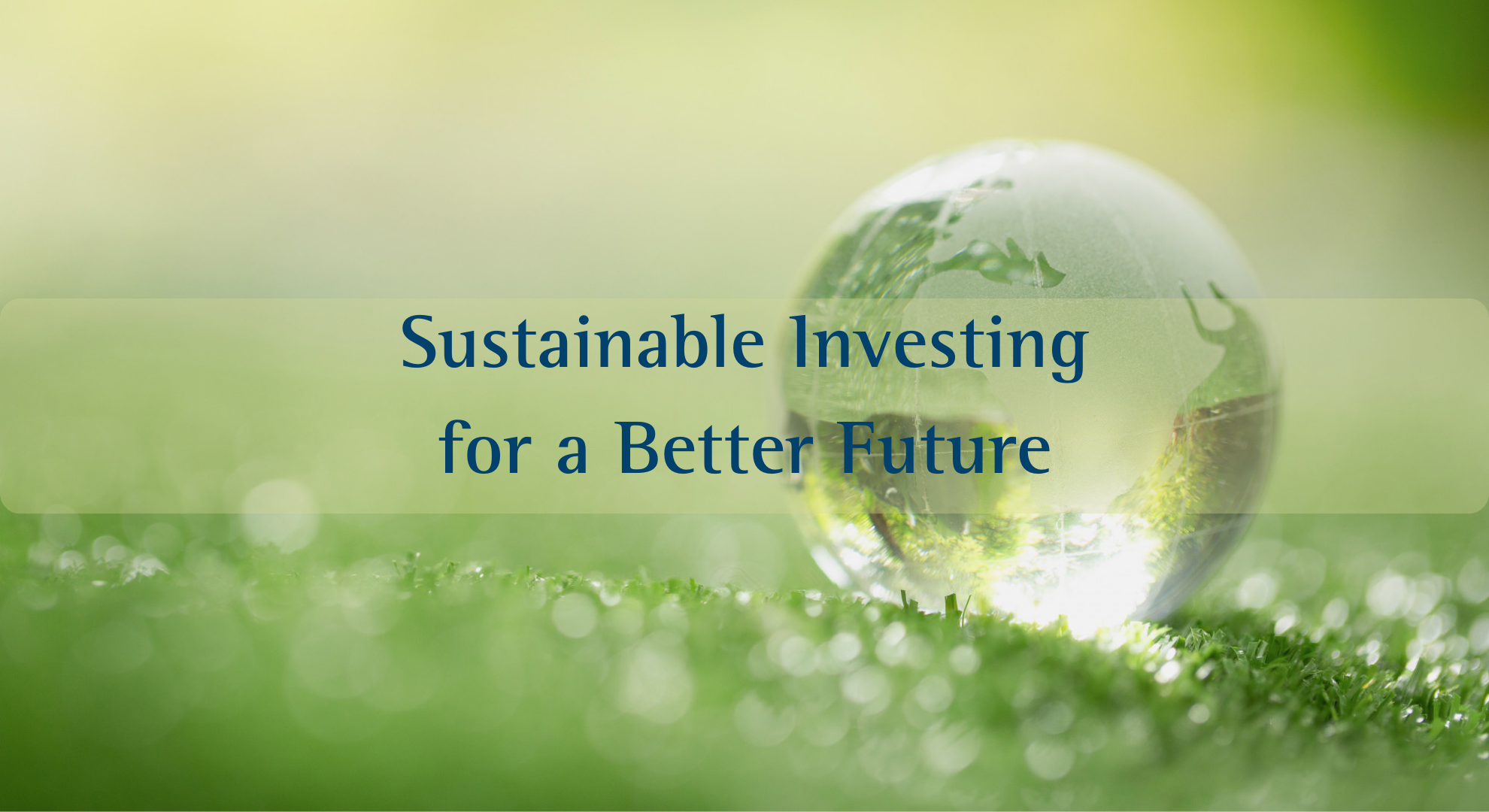Invest with Purpose and Impact
Sustainable investing (commonly referred to as ethical investing, impact investing, socially responsible investing, and values-based investing) is any investment that incorporates ESG (Environmental, Social, and Governance) factors alongside financial returns.
This approach ensures your investments align with your values while driving positive global change.
In the case of financial products, for example, it must be made clear whether they are pursuing sustainable goals, and – in accordance with European rules (MiFID II) – investment advisors must ask their customers whether they would like to invest sustainably.
While definitions of sustainability vary across jurisdictions and regulatory frameworks around the world, the basic tenet of sustainability refers to ESG factors (Environmental, Social, and Governance) and has been used as a base for sustainable services, products and other investment activities.
In the case of financial products, for example, it must be made clear whether they are pursuing sustainable goals, and investment advisors must ask their customers whether they would like to invest sustainably. Even investors who want to invest directly in companies, be it via shares or bonds, are increasingly looking at sustainability aspects in addition to yield aspects.
Unfortunately, companies do not yet have sufficient sustainability data, which makes it difficult for individual retail investors, but also for analysts or rating agencies to compare companies or financial products. This in turn increases the risk of greenwashing, i.e. the misleading marketing of the extent of “green” product and its actual “green” impact.
For further information on terminology and definitions used throughout this guide, please refer to our glossary.
✓An investment product that avoids negative effects on the environment, such as the emission of greenhouse gases, human rights violations, endangering biodiversity, etc.
✓An investment product (fund) that actively exercises its voting rights as shareholders in dialogue with the company and its management in order to influence corporate policy (so-called engagement).
✓An investment product that deliberately does not invest in companies (principle of exclusion) that are active in certain business activities, such as defence technology/weapons manufacturing, coal or tobacco industries.
✓Take a closer look at the product information sheet to determine how “green”; the investment product really is and whether it corresponds to your own ideas of a sustainable investment.
✓Ask your financial advisor to explain the sustainability approach to you in detail and ask them questions to make sure they are knowledgeable on the topic and can provide you with unbiased advice towards investment options.
✓Before you invest in an equity fund, for example, review their prospectus and the investor information document (KIID) as well as the website of the funds or the fund company regarding the most important points for you, e.g. costs, risk, etc.
Create Impact Beyond Returns
Mitigate Risk & Identify Opportunities
When seeking sustainable investing you gain a more holistic view of companies you support, which can help you mitigate the risk and identify opportunities for growth and improvement.
Drive Positive Change
When you align your investment with environmental actions, as an investor, you make it apparent for the companies to provide more sustainability disclosures that are material to financial performance. As such, you encourage companies to provide sustainability disclosures. Active shareholder engagement also helps ensure they follow through on their commitments.
Secure Long-Term Returns
Research indicates sustainable funds can perform on par with or better than traditional investments.
Stay Informed, Stay Protected
Positions published on BETTER FINANCE’s Gateway to Responsible Investing do not necessarily reflect those of BETTER FINANCE, its members, or its partners.

